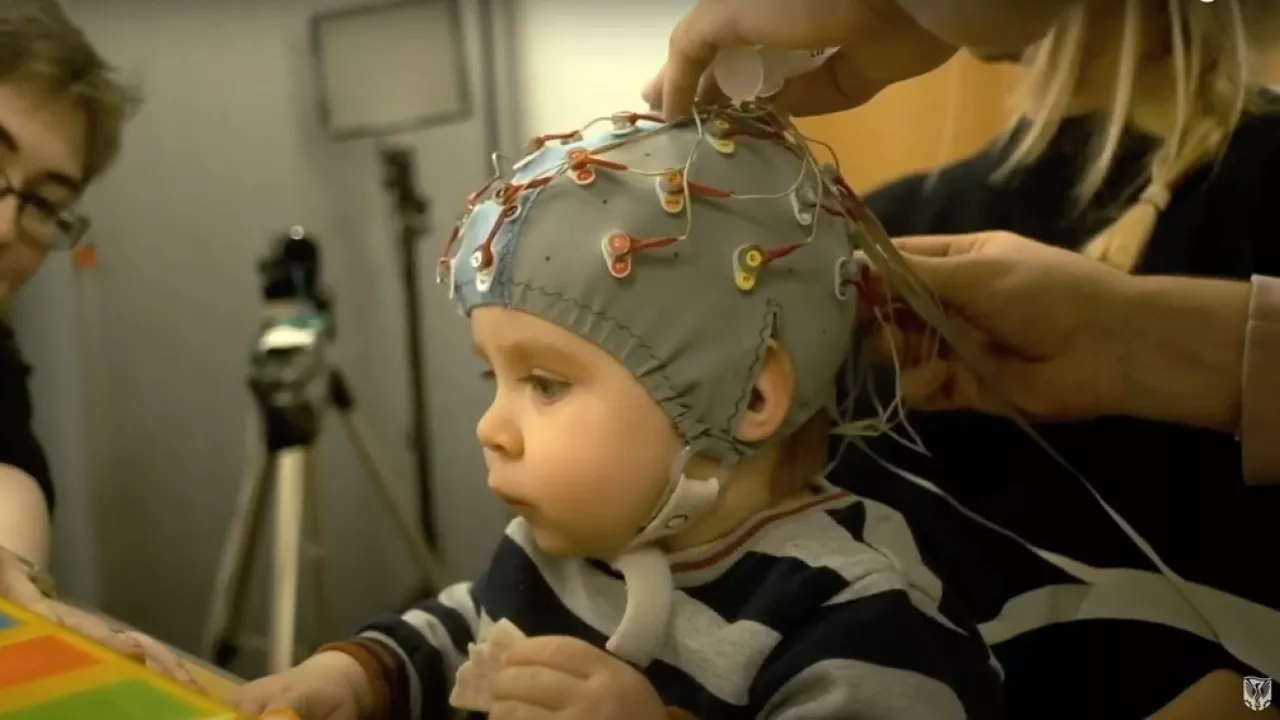City babies more stressed, new UEL research shows
City babies more stressed, new UEL research shows
Published
02 November 2021
Share
City-dwelling babies show increased physiological stress compared with rural babies, but they also engage and learn new faces quicker, new research shows.
The study, led by Professor Sam Wass of the BabyDevLab at the University of East London, also shows that urban babies show worse sustained attention and worse emotional regulation. No previous research has examined how high-density urban environments affect early infant development.
Understanding these developmental pathways is also important because individuals are considered most sensitive to their living environment during early life - so it is possible that urban living affects development more strongly during infancy than at other times.
The study, Physiological Stress, Sustained Attention, Emotion Regulation, and Cognitive Engagement in 12-Month-Old Infants From Urban Environments, was recently published by the American Psychological Association.
The research was carried out in a range of homes from diverse backgrounds across South-East England, with infants living in both high and low density housing areas. The infants also attended a lab for further testing.
We know that adults who live in cities tend to report higher stress and anxiety than non-city dwellers - but we don’t know why this is, and we don’t how early these effects emerge. Our study suggests that city life may be affecting children much more than we've realised - which is crucial because it’s during early life that we are at our most vulnerable.
"Importantly, though, the study also showed that the effects of city life on early development aren't all bad. 'City babies' showed worse sustained attention and worse emotion regulation - but they also showed better engagement and learnt new faces more quickly. This is important because it helps us think about how we should be tailoring education and learning to get the best out of high-stress city kids,"
Professor Sam Wass, director of BabyDevLab at UEL and lead author of study, said.
The UEL BabyDevLab hosts a range of projects that use new techniques, including dual parent-child EEG, miniaturised microphones, cameras and stress monitors that can be worn by babies and parents in the home, and computerised concentration training exercises for infants.
The children in its catchment area come from some of the most socioeconomically and demographically diverse areas in the UK, and a major focus of their research is looking at how children's different early life experiences affect their concentration, learning, and emotion regulation.
Share
Communications team
Contact us for press and interview requests
